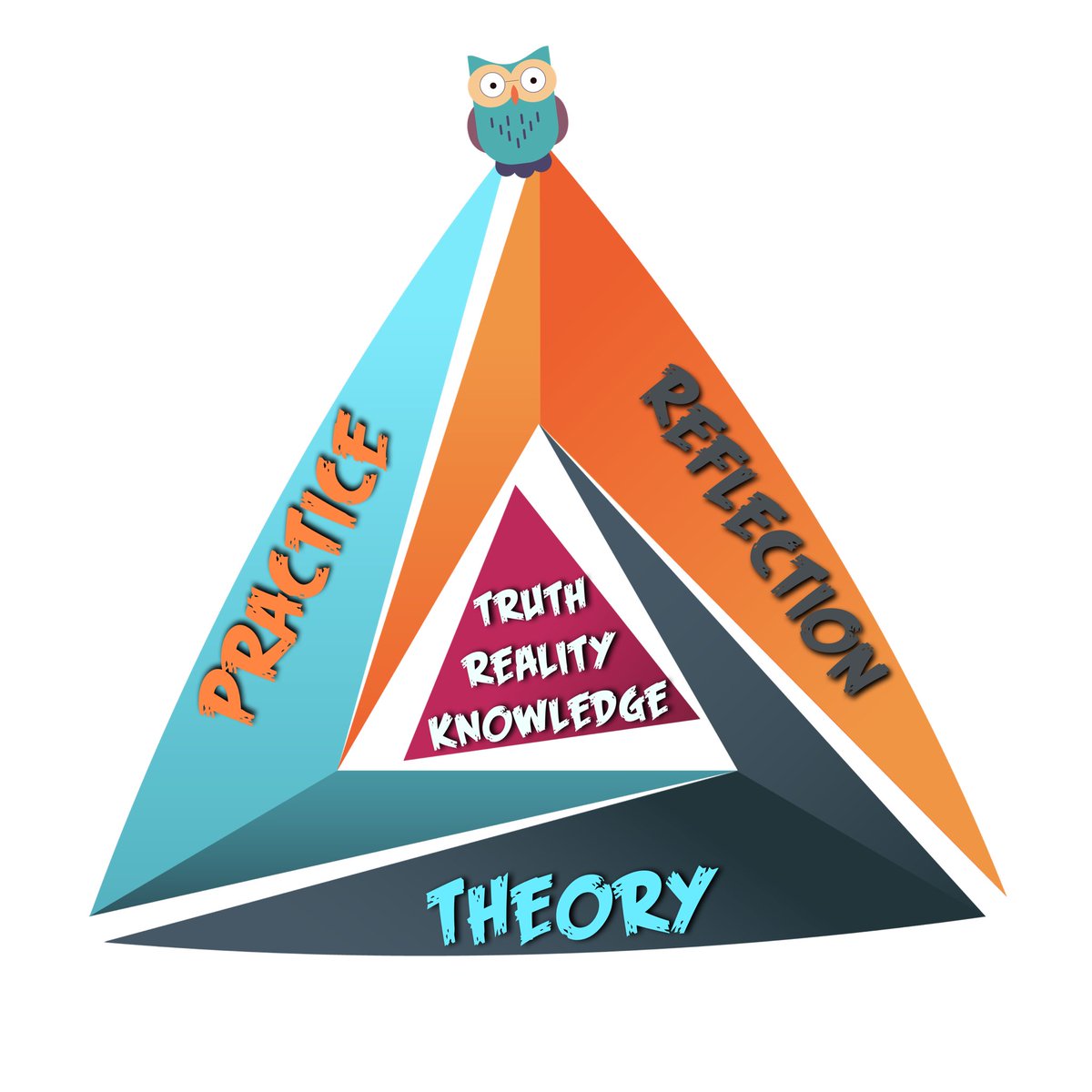
Just started #running? Want to get into running in the #NewYear? Here are some beginner’s tips (running mechanics + running psychology) that will enhance your running journey and running longevity:
Focus on running efficiently with an emphasis on stride length, vertical oscillation, foot strike placement, and general running form. Let’s go over each.
Stride length: When your leading foot hits the ground, you want that leading foot relatively underneath your body’s power base (hips and activated core). For me, this means focusing on shorter + quicker strides vice longer strides. I’m not trying to break land-speed records.
As your experience level increases, you’ll find the right stride length that fits your body makeup and running pace. For now, error on the side of shorter strides.
Vertical oscillation: this is how much you “bounce” when you run. So much wasted energy here if you bounce too much. You’re not a kangaroo. Conversely, shuffling your feet creates very little bounce; also inefficient. Find a happy, powerful middle ground.
Foot strike placement: I prefer landing between my mid foot and forefoot, i.e., the meatiest portion of my foot. I feel less stress in my joints. Aggressive heel striking will increase stress on the joints (ankles, knees, hips, spine, etc). Here’s a good article:
General running form tips: the better your posture, the more efficient you’ll run, generally speaking. Shoulders back, slight bend at the waist, controlled arm swing front to back; not a side-to-side twisty arm swing, which is wasted energy. Relax face muscles, shoulders, hands.
Check in with your breath often. Keep it controlled. If you can’t get control of your breath, slow down. Stamina will come over time.
Fatigue will kill running form. Focus on keeping your sh$t together (posture, form, bounce, stride, breath) when fatigue creeps then comes crashing in. This requires frequent self-mental check-ins while running.
Fact: No perfect running form exists. That said, here’s some psychological stuff:
Headphones/earbuds, etc: Try running without listening to anything but your body and your surrounding environment. This will be difficult for many but I believe this has many psychological benefits like…
Staying constantly in tune with what you’re body is trying to tell you. Also, running is a great way to process (not judge) your streaming thoughts, whatever they may be. And, nature talks. You just have to listen. It’s calming.
Over time, you’ll adopt and hone a unique running style. What works for one, maybe not work for another. Running efficiency and performance is a technical skill that will increase with practice and dedication to the craft.
Many running-mechanics’ articles exist on what I’ve covered. It’s overwhelming. Some will disagree with my recommendations. Just keep running simple in the beginning. Stay efficient. They’ll be plenty of time to sharpen your running IQ once running becomes an addiction 🤪
Many people get into running for a wide array of reasons. Never forget your original purpose. Start running small distances (half mile) and slowly work your way up. Some day, you might run for the sake of running. It’s truly magical when running becomes an end in itself. Crush it
@threadreaderapp unroll
• • •
Missing some Tweet in this thread? You can try to
force a refresh





